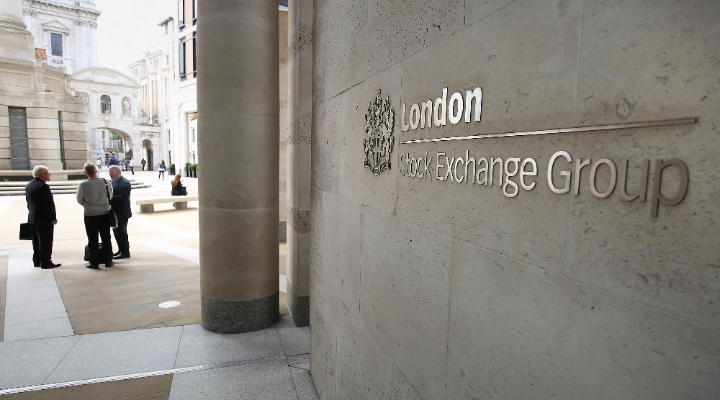
The first half of this year has been one of the most turbulent periods in stock market history, with March’s brutal sell-off followed by the best quarter since 1987 for US equities.
Technology and healthcare have been the outperforming sectors in 2020 so far, while China’s swift recovery from the Covid-19 crisis has been reflected in domestic share prices. Growth has again outpaced value in a tricky year for contrarian managers. All these themes are reflected in the best and worst performing investment trusts of 2020.
Top Performing Investment Trusts
We have looked at the performance of investment trusts with Morningstar Analyst Ratings of Negative and above. We look at the share price performance of the trusts rather than the change in their net asset value.
The best performer in the first half of 2020 is Gold-rated Scottish Mortgage Trust (SMT) with a gain of 41.98% and the worst is Neutral-rated Temple Bar (TMPL) with a fall of 46%.
Compared with a 19.4% fall in the FTSE All-Share for the first six months of the year, Scottish Mortgage’s gain is staggering. But a number of trusts have produced double-digit returns include Silver-rated Edinburgh Worldwide (EWI) and Biotech Growth (BIOG), which are both up over 32% so far this year.
FTSE 100-listed Scottish Mortgage has a market cap of over £12 billion, having broken through the £10 billion barrier this year after a spike in the share price. The trust’s shares are up almost 42% this year to 820p on June 30.
In the trust’s latest annual results, its manager James Anderson took aim at the “blind conviction” of investors that value will return to favour at some point. As of the end of April 2020 the biggest holdings were Tesla (TSLA) – up 144% this year – and Amazon (AMZN), whose shares are up nearly 50% as lockdown boosts demand for online deliveries. Tesla, a long-term favourite of the Scottish Mortgage managers, has just become the most valuable carmaker in the world.
Two China-focused trusts also make it into the top five, Silver-rated JPMorgan China Growth & Income (JCGI) and Bronze-rated Fidelity China Special Situations (FCSS), which are up 26% and 22% respectively. Morningstar analyst Claire Liang explains that the coronavirus crisis has unleashed a wave of Chinese government spending that has helped boost the economy and share prices.
Value Still Out of Favour
According to Morningstar Direct data, Neutral-rated Temple Bar (TMPL) has been the worst performing trust this year, down 46%. The trust was downgraded from Silver to Neutral in May. “Some question marks over aspects of portfolio construction have reduced our overall conviction relative to other UK value strategies,” says analyst Samuel Meakin. Among the trust’s top holdings are BP (BP.) and Royal Dutch Shell (RDSB), whose share prices have been hit hard this year by the oil slump. Shell’s decision to cut its dividend for the first time since 1945 also led to a substantial re-rating of the shares. Both companies have recently put out gloomy forecasts for oil demand and prices for the next few years.
Other value-focused trusts in the wrong half of the table include Silver-rated Fidelity Special Values (FSV), which is off over 31% this year. Just one Gold-rated trust appears in the worst performers, Standard Life UK Smaller Companies (SLS), whic his one of four smaller companies trusts in the group. Run by Harry Nimmo since 2003, the trust has been one of the best performing in the UK over the long-term, with annualised returns of more than 15% over 10 years.
Why is there such a difference between the best and worst performing trusts, in this case a gaping chasm ranging from +42% to -46%?
The market volatility and economic disruption caused by the coronavirus pandemic has separated companies and sectors starkly into a few winners and many losers – tech and Asia have come out on top, whereas UK blue-chips and value stocks are sharply out of favour.
Investment trust managers can also have larger stakes in companies than their open-ended counterparts, which pays off handsomely when they own Tesla and Amazon, but less so when they own UK oil companies or scandal-rocked German firm Wirecard. Finally, investment trusts also use can gearing, which amplify gains when things are going well but make losses even more painful.





























